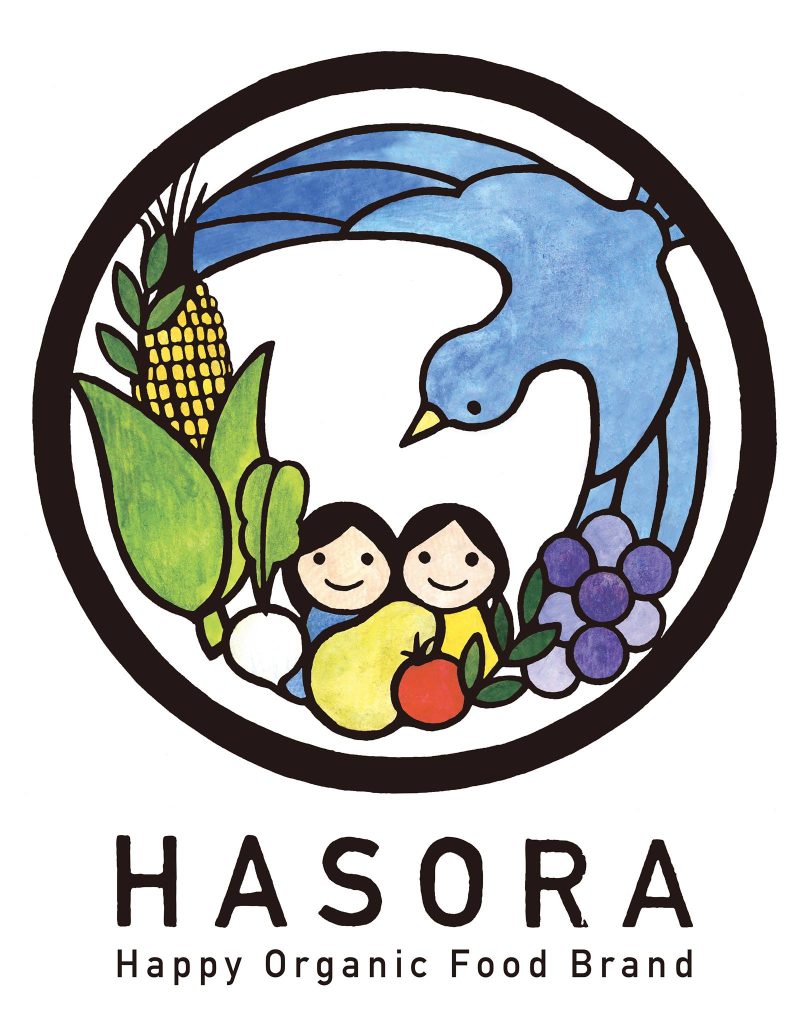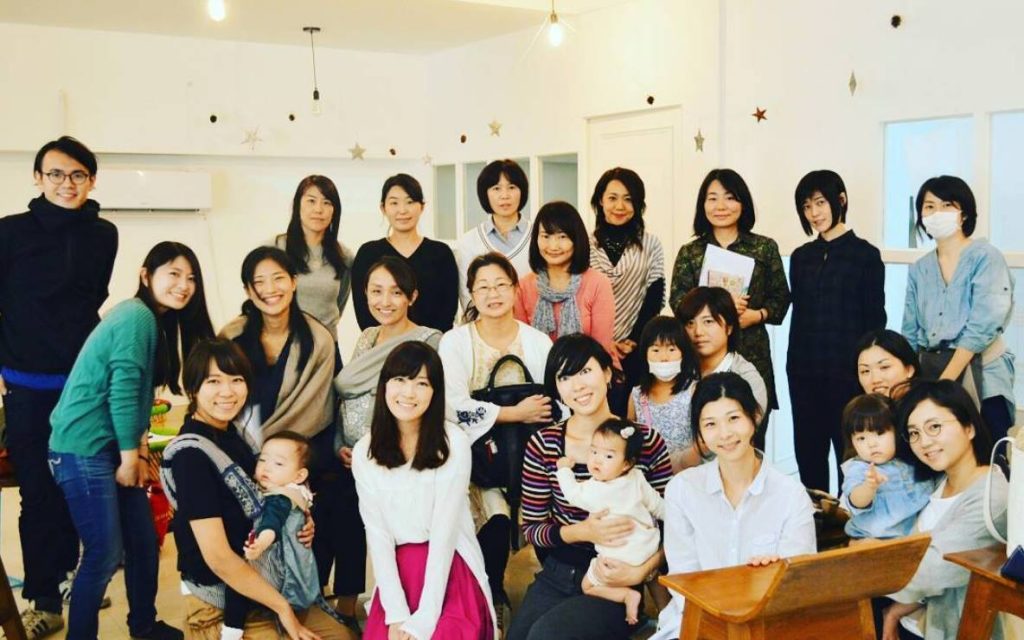In an unexpected tale of cultural fusion and entrepreneurial spirit, Mai and Asuka Hatta, Japanese twins hailing from Chiba Prefecture near Tokyo in Japan, have orchestrated a unique narrative in India. Their journey commenced with a passion for discovering India, organic farming and a dedication to empowering local farmers.
The twins ventured into India leaving behind the lucrative prospect of working in the United States where they studied, and their homeland, Japan, to set up base in a country they only knew through studies and a close Indian friend. Mai, who studied Political Science and Economics in the US, felt a deep connection to India through academic explorations and friendships. Her determination to understand the nation first-hand led her to find a job in an organisation in Jaipur that was seeking a Japanese employee. Later, she moved to an NGO in Dehradun which was working to economically empower the marginalised communities.

Mai and Asuka Hatta
Asuka, also educated in the US, had initially planned a brief visit to the country to meet her sister but found herself captivated by the uniqueness India offered and decided to stay on, finding a job in the country. “It was my destiny; I followed my passion, my heart,” said Mai in a conversation with Global Indian. She wanted to explore the India that lay beyond the confines of her textbooks and lectures. Mai has been living in India for the last 13 years, while Asuka is in the eleventh year of her stay in the country.
Turning to entrepreneurship
In 2016, they founded Hasora, after seeing fellow expats struggle to find fresh and safe vegetables that are native to Japanese cuisine. They also recognised the plight of local farmers at the hands of intermediaries. It motivated the twins to partner with local organic vegetable farmers around where they lived, in an attempt to reshape the traditional supply chain by offering farm-to-table produce within days of harvest.
However, Mai and Asuka’s journey wasn’t without hurdles. Overcoming the challenges of establishing trust with local farmers was a significant learning curve. Some farmers initially exploited their trust, by taking money but never fulfilling the orders. However, this lead Mai and Asuka to devise new strategies in engaging and collaborating with reliable partners. “Now we do not pay until we get the produce,” laughs Mai.
By bridging the gap between farmers and consumers, the twins aim to diminish the role of intermediaries and ensuring fairer returns for farmers who are marginalised in the current system. The sisters’ dedication extends beyond commerce. They are actively involved in an initiative called the “Oishii Nippon Project,” encouraging the cultivation of Japanese vegetables in India by providing seeds and technical know-how of growing such vegetables to their suppliers – the local farmers of NCR and Uttarakhand. Their venture seeks to create sustainable agricultural practices that uplift both the farming community and the environment.
Cultivating culture and commerce
‘Hasora’ in Japanese means green leaves growing under the expansive blue sky,” Mai explains adding, “The name symbolises growth, serenity and happiness.” Hasora is also a term derived from the Hindi word ‘Hasna,’ meaning ‘to laugh.” Thus their venture’s brand name encompasses the essence of growth and happiness resonating deeply with both Japanese and Indian cultures.
Mai and Asuka have learned to communicate in Hindi which is an essential requirement while engaging with local farmers of NCR and Uttarakhand. Mai, with a modest grin, admits, “I’m slightly more proficient in Hindi than my sister.”
Beyond their thriving online ecommerce platform, the twins have established a physical outlet in Gurgaon. This space serves as a hub for an eclectic fusion of offerings, ranging from fresh Japanese vegetables and grocery items to some Korean specialities and a variety of Indian everyday essentials such as tea and coffee.

In their quest to fuse cultures, Hasora’s outlet in Gurgaon also serves as a haven for authentic Japanese food like Teriyaki chicken, fresh vegetables roll sushi, tofu rice bowl matcha and more. Mai, showcasing her culinary prowess, personally prepares meals along with a chef specialising in Japanese cuisine. “95 percent of both our online as well as offline clientele comprise of Japanese and Korean expats while the rest of the five percent are Indian customers,” Mai says.
India through Japanese eyes
While embracing India’s rich culture and landscapes, the twins, now seasoned explorers of the subcontinent, express a sense of wonderment at the country’s diversity. Apart from NCR, Uttarakhand and Rajasthan, they have also visited Maharashtra, West Bengal, Karnataka and Kerala.
Although their Japanese upbringing has instilled a penchant for discipline, contrasting starkly with the disorderliness they occasionally observe in public spaces of North India, they love the country too much to let it be a spoke in the wheel.
Their parents live in Japan, where their father manages a consultancy business, while their mother is a danseuse and dance instructor.
In a family cantered around their two daughters, their parents were on top of the world when Mai and Asuka secured admission in San Francisco State University and California State University respectively. “My mother was in tears when I had informed her that I am moving to India after completing my studies,” smiles Mai, recalling how the safety of women, especially in the northern India 13 years ago was a matter of big concern. Added to that, neither the daughters nor the family had previously set foot in India.

Japanese expats in India during an event organised by Hasora
In the first five years, Mai and Asuka’s parents did not visit India as every time the girls went back to Japan on a vacation, they thought it would be their final trip back home. However, contrary to their beliefs, when the girls transitioned into successful entrepreneurs, their parents understood that their passion for India runs deep. “They are our biggest supporters now,” smiles Mai.
Having visited India three to four times since, the twins’ parents have cultivated a genuine love for exploring its rich cultural diversity. Yet, amid their admiration for the country, one aspect remains perplexing – the lack of discipline, contrasting Japan’s ingrained culture of everyday discipline.
But Mai and Asuka hardly complain. They are part of the milieu and love everything about the country of their choice. “While I’m in love with Palak Paneer, I can even make chapattis now,” Mai smiles.
As they continue their Indian journey, Mai and Asuka envision a future where organic farming and fair trade practices flourish. Happy that their enterprise not only ensures fresh, pesticide-free vegetables but also champions economic empowerment, Mai says, “Our goal is to make Hasora bigger in its operations so that along with us the farmers associated with us also witness financial growth.”
